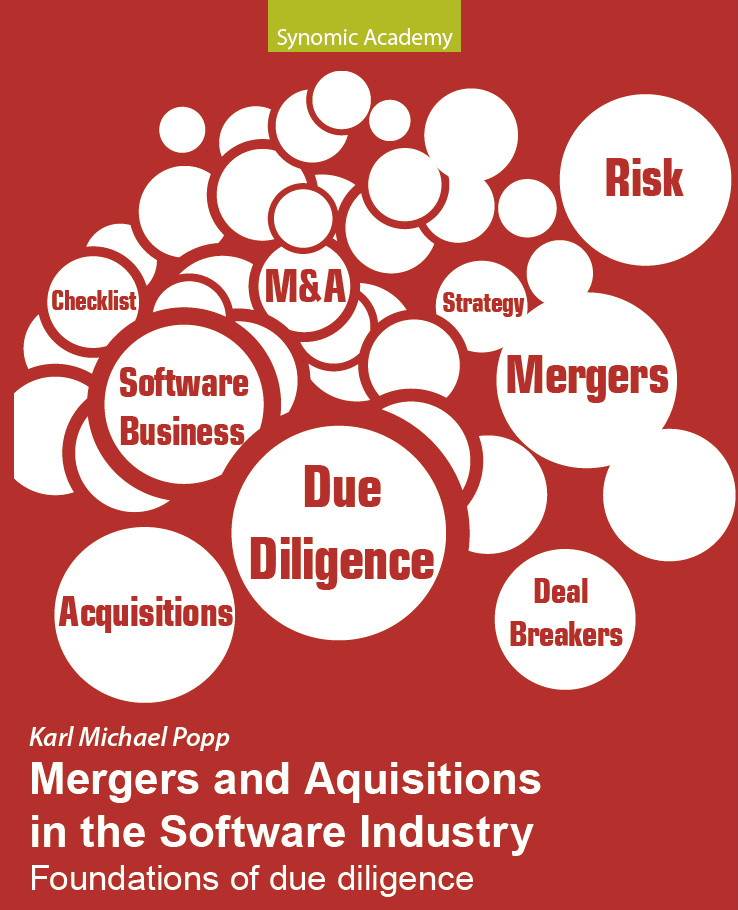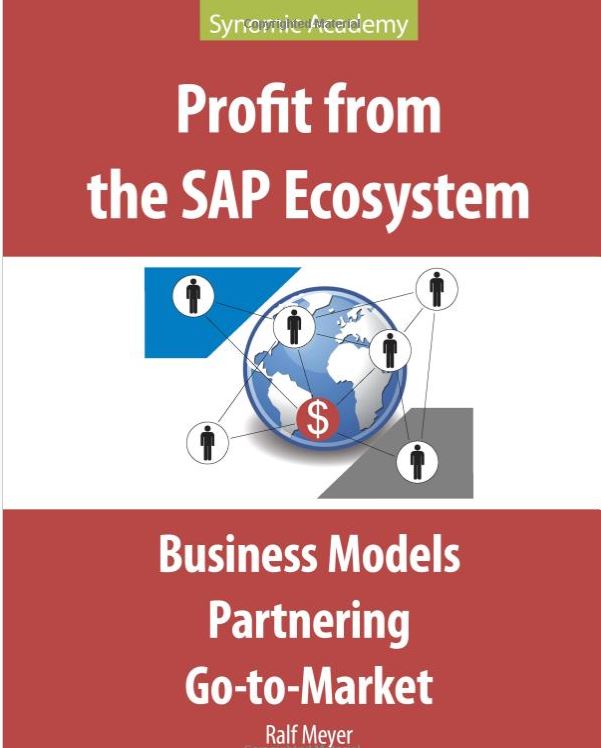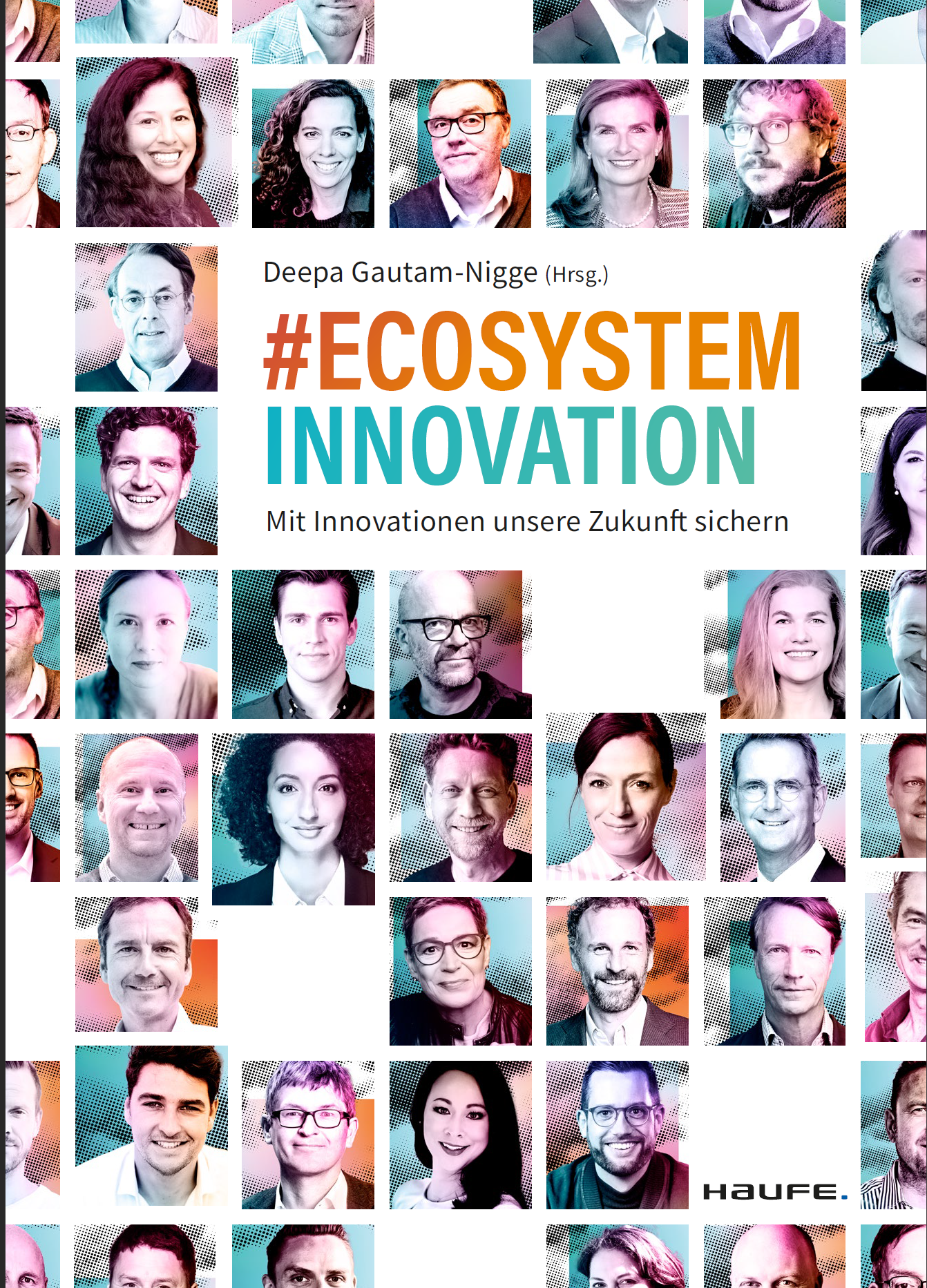Leveraging Semantic Search for Effective Mergers and Acquisitions
Leveraging Semantic Search for Effective Mergers and Acquisitions
Mergers and acquisitions are complex and often daunting endeavors for any organization. The process involves significant data collection, analysis, and decision-making, which can be overwhelming. However, with advancements in technology, organizations now have a powerful tool that can help streamline and improve the merging process -
Semantic Search
Semantic Search is a search engine that helps organizations find relevant information by understanding natural language queries and the context around them. It has become an essential tool for successful mergers and acquisitions as it helps organizations extract relevant insights from massive amounts of data. Here are some key ways that organizations can leverage Semantic Search to support their merging efforts:
Efficient Data Collection
Before engaging in a merger or acquisition process, organizations need to gather a large amount of data about both companies involved. With Semantic Search, you can easily extract relevant data from both internal and external sources, and search for information by using natural language queries. This allows organizations to efficiently collect data, which leads to better decision-making during the merging process.
Improved Market Intelligence
Semantic Search can help organizations gain insights into market trends and potential opportunities, which in turn can help inform business decisions. By analyzing both structured and unstructured data, Semantic Search can help uncover trends and patterns that might be difficult to identify using traditional methods.
Efficient Due Diligence
Due diligence is the process of investigating and assessing the financial and legal aspects of a company before a merger or acquisition. Semantic Search can help organizations efficiently review a large number of documents and identify key information that may be relevant to the due diligence process. By using natural language queries and machine learning algorithms, Semantic Search can automatically pinpoint critical areas for due diligence, helping organizations make informed decisions.
4. Enhanced Collaboration: Semantic Search can help improve collaboration between teams involved in mergers and acquisitions. By providing a single platform to access and analyze data, Semantic Search can help teams communicate and collaborate more effectively. This can help speed up decision-making and increase efficiency during the process.
In conclusion, Semantic Search has emerged as a critical tool for organizations looking to streamline and improve their merging process. By leveraging its capabilities, organizations can gain valuable insights from vast amounts of data, conduct efficient due diligence, and enhance collaboration between teams involved in mergers and acquisitions. Hence, there is no doubt that Semantic Search is a must-have for any organization's merger and acquisition toolkit.









